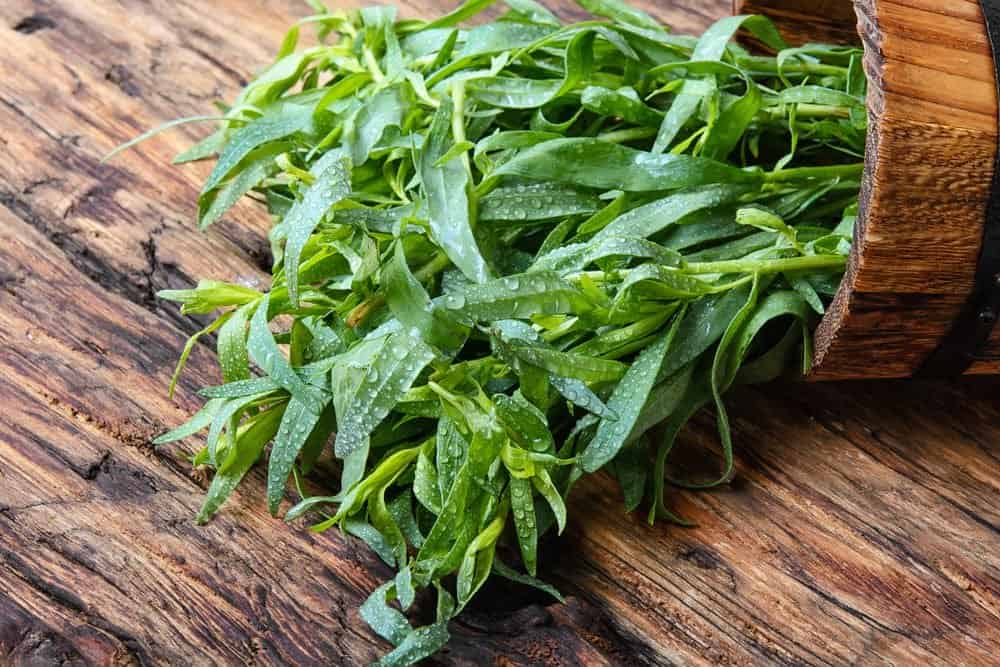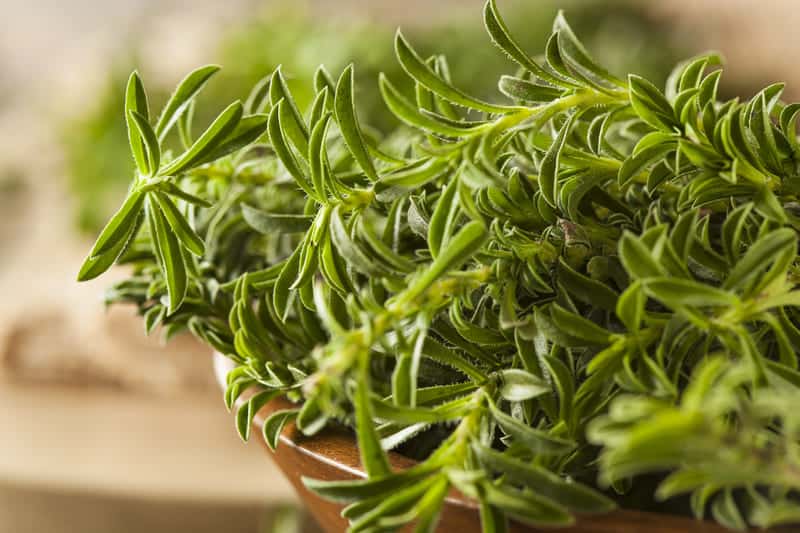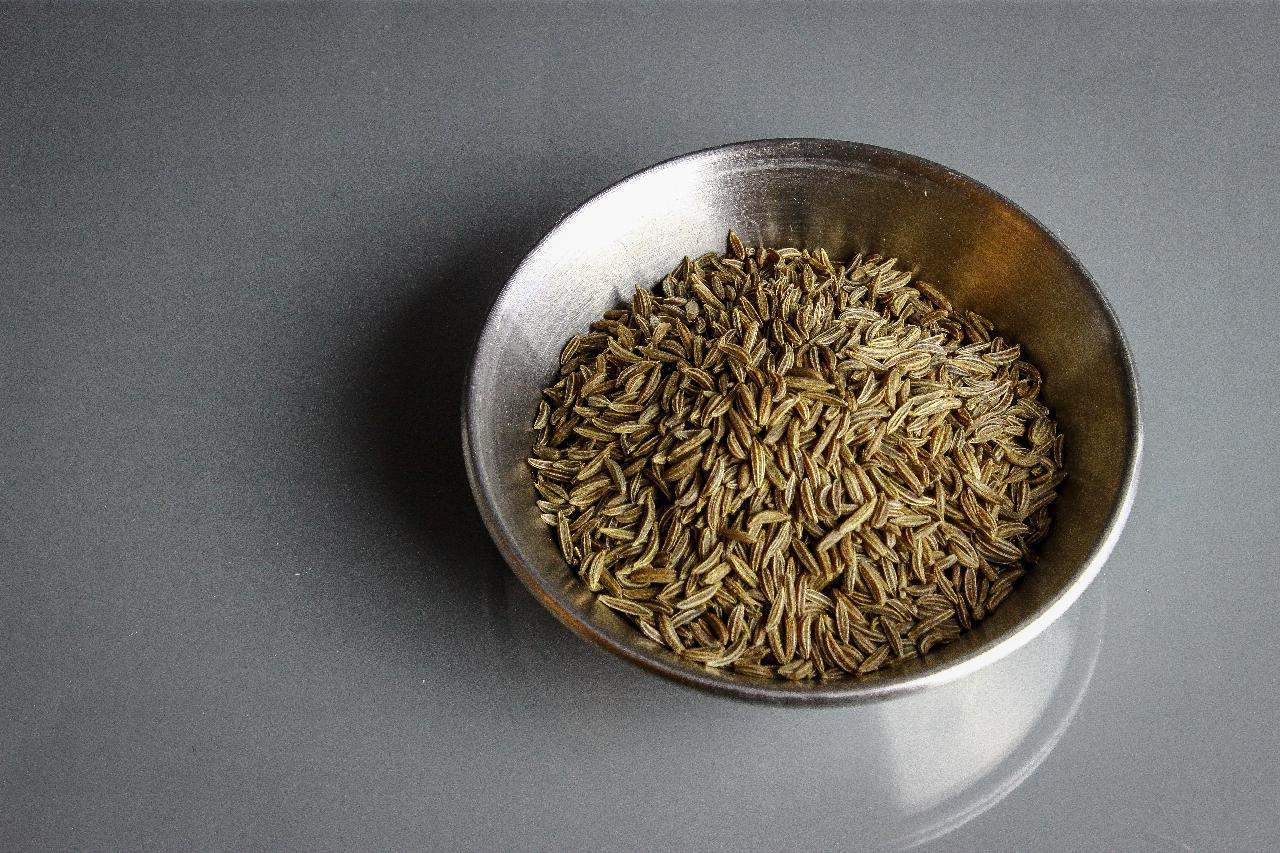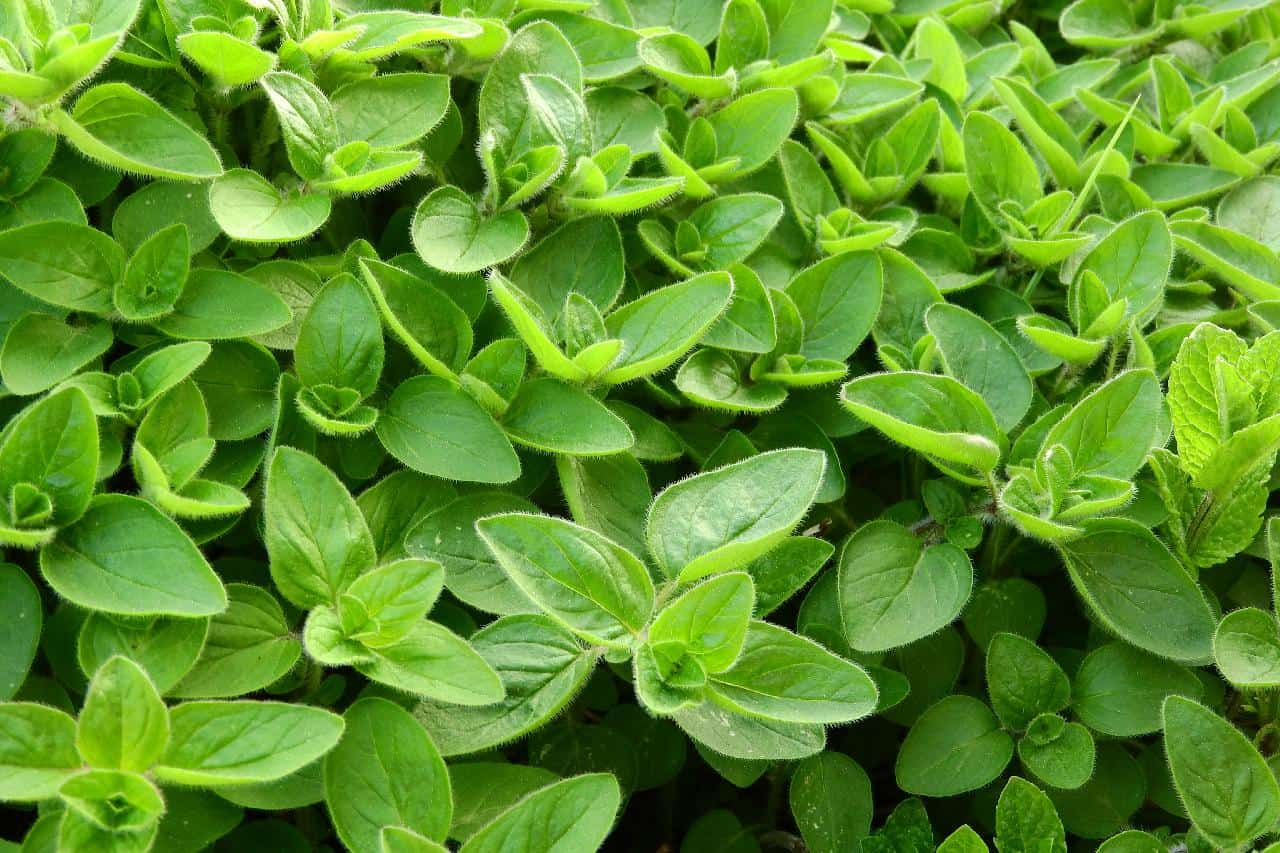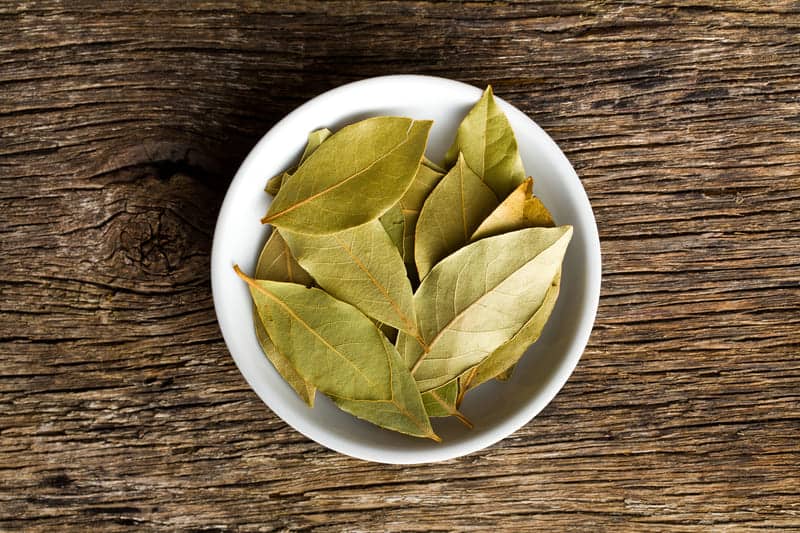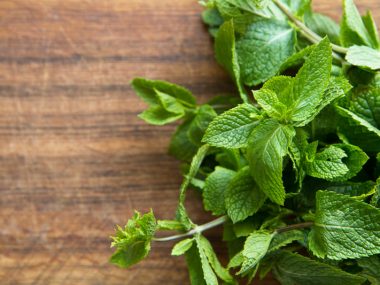Rosemary is an aromatic herb that originated in the Mediterranean region and Asia. It has a long history of use as a medicinal and culinary herb.
This is an evergreen bush with needle-like leaves, blue, white, purple, or pink flowers, and a recognizable strong smell. It looks like pine, but it is a member of the mint family Lamiaceae together with sage, mint, basil, savory, thyme, oregano, marjoram, and many other culinary and medicinal herbs.
Rosemary can be found in many shops both in fresh and dried form. But if you don’t have it at home or don’t like its strong flavor, thyme, tarragon, savory, sage, caraway seed, marjoram, or any of the following herbs make excellent substitutes.
Best Rosemary Substitutes
Rosemary has a very specific flavor that is not easy to substitute. So, the best substitute for fresh rosemary is dried rosemary. However, since dried rosemary has a stronger flavor, use 1 teaspoon of dried rosemary as a substitute for 1 tablespoon fresh rosemary. The following herbs make a great substitute for rosemary as well.
1. Rosemary olive oil, salt, or butter
Rosemary olive oil, salt, and butter are made with fresh rosemary leaves. So, they make a good substitute for rosemary and can add a rosemary flavor to your dish.
Rosemary olive oil is prepared with extra virgin olive oil and fresh rosemary leaves. With its aromatic savory and herbal flavor, rosemary olive oil improves the taste of the chicken meat, potatoes, fish, lamb, and other dishes.
Rosemary salt and butter are also made with fresh rosemary leaves. The salt is perfect for seasoning vegetables, meat, fish, and seafood whereas rosemary butter is a flavorful addition to any meal.
You can put a piece of rosemary butter on your toast or roasted steak. Or melt it and drizzle over your cooked vegetables, fish, and seafood as a sauce.
2. Thyme
Thyme belongs to the same mint family as rosemary. It has a herbal flavor with wood, grass, and floral notes.
It is used in savory dishes such as roasted meat, vegetables, fish, soups, marinades, stocks, sauces, and some savory baking goods. Although it has a milder flavor, substitute 1 teaspoon of thyme for 1 teaspoon of rosemary.
3. Tarragon
Tarragon is a highly aromatic herb with a bitter-sweet licorice flavor, and mint, eucalyptus, vanilla, and pepper notes. It has a slightly different flavor than rosemary. However, they are both common ingredients in similar dishes. It boosts the flavor of different soups, dressings, fish, veggies, meat, mushrooms, sauces, fish, and many other dishes.
4. Savory
There are two types of savory: winter and summer savory. Summer savory has a sweeter taste than winter savory. Therefore, it is a better substitute for rosemary.
The strong, sweet, mint and thyme-like flavor makes summer savory ideal for marinades, soups, stews, meat, beans, fish, and peas.
5. Sage
As a part of the mint family, sage is also a good substitute for rosemary. It has an earthy, citrus, and pine flavor that provides a warm feeling to dishes. It is just perfect for marinades, soups, salads, fish, poultry, meats, sauces, vegetables, cheese, and pasta.
6. Caraway seed
You can use whole or ground caraway seeds. The ground ones have a stronger flavor. They have an earthy and mild anise flavor with a hint of pepper and citrus.
Use caraway seeds to add flavor to soups, curries, vegetables, sausages, salads, potatoes, cakes, soups, cookies, pork meat, stews, and bread.
7. Marjoram
Marjoram is a herb from the mint family with a similar but milder taste than oregano. It has mild mint, citrus, and pine flavor which pairs well with meat dishes and stews.
This herb is also a common ingredient in different spice mixtures including herbes de Provence, Italian seasoning, and za’atar. It performs well in different soups, dressings, marinades, fish, potatoes, seafood, and other dishes.
8. Oregano
Oregano is one of the most used herbs. You can sprinkle it on top of your pizza and salad, or add it to pasta sauce, seafood, chicken, fish, meat, beans, or cheese. With a slightly bitter strong earthy and minty flavor, it gives a specific flavor to your dishes.
9. Basil
Basil is available in more than 60 varieties and each one has a unique flavor. The flavor of basil can be described as fresh slightly peppery with a hint of mint.
However, some varieties have a savory, citrus, and spicy licorice flavor. Basil is perfect for salads, curries, soups, tomato sauces, poultry, fish, seafood, pasta, and desserts.
10. Parsley
There are two main types of parsley including flat-leaf and curly-leaf parsley. With its fresh, light, and slightly bitter flavor parsley is used as a garnish and spice.
It has a different flavor than rosemary. However, if you have it at home, you can use it as a substitute. You will get some hint of freshness to your dish.
Some of the dishes that ask for parsley include soups, stews, sauces, curries, and salads. You can also add it to roasted vegetables, fish, poultry, seafood, and ground meat.
11. Dill
Dill has a unique grassy, fresh, and slightly anise-licorice flavor. Just a small amount used in your dish will improve the flavor of your food.
However, it should be added at the end of the cooking time because it will lose its flavor if it is cooked longer. Dill is ideal for seasoning and pickling in salads, marinades, dressings, meat, vegetables, sauces, fish, stews, bread, and pickles.
12. Mint
There are many varieties of mint with different flavors like orange, apple, and chocolate flavor. However, spearmint and curly mint are the most used varieties in cooking.
Mint has a sweet, fresh flavor and cooling mouth effect. Some of the dishes made with mint include lamb meat, salads, soups, meat, roasted potatoes, sauces, stews, bread, vegetables, and desserts.
13. Bay leaves
Bay leaves have a herbal bitter flavor that reminds of oregano and thyme. They will boost the flavor of your stews, soups, sauces, stocks, pickling brines. Add them at the start of cooking to give more flavor to the food and removed them after the dish is cooked.
Interesting Information About Rosemary
Rosemary has a flavor that reminds of lemon, wood, pine, and pepper flavors mixed all in one along with hints of sage, lavender, citrus, mint, and evergreen.
As a culinary herb, rosemary adds flavor to many dishes like salads, soups, stews, casseroles, and different baked goods. It pairs well with lamb, pork, poultry, fish, seafood, potatoes, mushrooms, grains, and many other ingredients.
Rosemary has a tough texture, so it is often crushed or chopped before its use in dishes. It also has a quite strong flavor which is why it is used in small amounts, as a fresh and dried herb. Fresh rosemary is the main ingredient in rosemary olive oil, butter, and salt.
FAQs
Can I substitute basil for rosemary?
Yes, you can substitute basil for rosemary. Substitute one teaspoon of rosemary with one teaspoon basil.
Can I use Italian seasoning instead of rosemary?
Rosemary is one of the ingredients in Italian seasoning. So, you can use Italian seasoning instead of rosemary and enjoy the many mixed flavors in your dish.
Are thyme and rosemary the same?
Thyme and rosemary are two different herbs, from the same mint family. Rosemary has a stronger flavor than thyme. So, you should use a smaller amount as a substitute for thyme.
Can I replace the rosemary with dill?
Dill makes a great substitute for rosemary. It will give a fresh, sweet, and grassy anise-like flavor to your dish.
Final Words
Rosemary has a specific flavor that is hard to replace. So, if you want to use any of these substitutes use a smaller amount first and add more if needed. You will not accomplish the same flavor. However, you will save your dish and give it a slightly different flavor.



